We deliver to you every day from 8:00 to 20:00
The best discounts this week
Every week you can find the best discounts here.
Grape Pie – THCa Rosin [1g]
Infused Cooking Olive Oil HHC Tincture [1500mg]
Peppermint Olive Oil HHC Tincture [1500mg]
Strawberry MCT HHC Tincture [1500mg]
Strawberry MCT HHC Tincture [1500mg]
Infused Cooking MCT Oil Delta-8 Tincture [1500mg]
Infused Cooking Olive Oil Delta-8 Tincture [1500mg]
Infused Pre Roll (Moon Doob) 24 pack
Cannabidiol (CBD) and cannabichromene (CBC) are two of the many cannabinoids found in the hemp plant. These two compounds have been studied for their potential therapeutic effects, including pain relief, anti-inflammatory properties, and anti-anxiety benefits. But what is the difference between CBC and CBD? Is one stronger than the other? Let’s take a look.
What Is CBC?
CBC, or cannabichromene, is one of the many naturally occurring cannabinoids that was first discovered in 1966 and it is found in cannabis plants. It belongs to a group of molecules known as terpenophenolics which interact with the body’s endocannabinoid system (ECS). Unlike THC and CBD, which are both psychoactive, CBC does not produce any intoxicating effects. Instead, it has been shown to have anti-inflammatory properties and may have potential applications in treatments for chronic pain relief. It has also been studied for its ability to reduce anxiety and depression symptoms.
What Is CBD?
CBD, or cannabidiol, is another cannabinoid found in cannabis plants that interact with the endocannabinoid system (ECS) within our bodies. It was discovered by American chemist Roger Adams in 1940. Unlike CBC, CBD is a non-psychoactive compound which means it does not produce any intoxicating effects.
It has become increasingly popular due to its potential therapeutic benefits such as reducing inflammation and relieving symptoms associated with anxiety and depression. CBD products can be found in many forms including oils, edibles, topicals, capsules, and vape cartridges. These products can easily be purchased from retail and online stores.
What Is The Difference Between CBC & CBD?
The main difference between CBC and CBD lies in their respective interactions with the ECS within our bodies. While CBC binds weakly to CB2 receptors located throughout the body’s immune system and functions primarily as an anti-inflammatory agent; CBD binds strongly to CB1 receptors located throughout our central nervous system helping regulate mood, cognition, and appetite levels among other functions.
Despite their differences, both compounds are thought of as being beneficial for health purposes due to the therapeutic effects that they produce such as relief from pain and anxiety.
Is CBS Stronger Than CBD?
When comparing the strength of cannabinoids like CBC and CBD there is no definitive answer since each compound has its own unique properties that make them effective when used correctly in combination with each other or alone depending on your specific needs.
Generally speaking however, research studies have indicated that while CBC may be weaker than THC when it comes to binding affinity towards cannabinoid receptors; it still produces powerful anti-inflammatory responses making it a viable option for those looking for alternative treatments that don’t involve using psychoactive compounds such as THC or CBD individually or combined together into something like a full spectrum product.
Frequently Asked Questions
- Can You Heat Up CBC Distillates With A Hair Dryer?
The answer to this question is no. While it might be possible to heat up a CBC distillate with a hair dryer, it would not be safe or recommended. Heat breaks down cannabinoids like CBC and CBD, reducing their potency and effectiveness when consumed. If you want to heat up a CBC distillate without compromising its quality or potency levels, consider investing in a concentrate vaporizer that was specifically designed for this purpose.
- How Long Does CBC Stay In Your System?
CBC has an average half-life of around 12 hours while CBD has an average half-life of 19 to 25 hours. This means that if you take 100mg of either compound orally, after 12 hours there will only be 50mg of CBC left in your system while there will still be approximately 95mg of CBD remaining after 19 to 25 hours.
The amount of time that CBC stays in your system also depends on how often you consume this cannabinoid. If you consume CBC on a daily basis in large dosages, then it might stay in your system for more than 18 days.
- What Is The Shelf Life Of CBD Gummies?
When stored properly at room temperature and away from direct sunlight or moisture sources, most CBD gummies can have a shelf life of up to 1 year before losing their potency or going bad. To ensure that your gummies remain fresh for as long as possible, always check the expiration date labeled on the packaging before purchasing them. You should also make sure to store them in the right way. If you store your CBD gummies properly, then their shelf life can be preserved.
- What Is The Best Way To Store Your CBC Tinctures?
The best way to store any type of cannabinoid tincture like those made from both CBC and CBD is by keeping them tightly sealed in an air-tight container away from direct sunlight or sources of heat such as radiators or hot water pipes. Additionally, make sure that the container they are stored in cannot easily be opened by children or pets if they were ever exposed to it accidentally.
- Why Should You Store CBD Distillates In Air-Tight Containers?
Storing any type of cannabinoid distillate like CBD oil should always be done with extreme caution since these products are highly concentrated forms of cannabis extractions that contain large amounts of THC (tetrahydrocannabinol). Storing them in air-tight containers helps prevent any unwanted exposure while also keeping them fresh for longer periods of time than storing them loosely sealed or uncovered would allow for. Air-tight containers also help prevent germs and bacteria from spoiling the products by crawling inside of them.
Final Words – Which One Is Stronger?
In conclusion, there is no clear answer when comparing the strength between CBC and CBD due to each having its own unique properties. However, generally speaking, research studies suggest that while CBC may be weaker than THC when binding affinity towards cannabinoid receptors it still produces powerful anti-inflammatory responses making it an option worth considering for those looking for alternative treatments without using psychoactive compounds such as THC or CBD separately or together into something like a full spectrum product.
Stay in Touch
Sign up for our mailing list to be the first to know about new products, sales, and promotions
Stay in Touch
Sign up for our mailing list to be the first to know about new products, sales, and promotions
All products are Federal Farm Bill Compliant and contain less than 0.3% THC
FDA DISCLOSURE: The statements regarding these products have not been evaluated by the FDA. These products are not intended to diagnose, treat, cure or prevent any disease, consult your health physician before use. The Federal Food, Drug and Cosmetic Act requires placement of this notice.
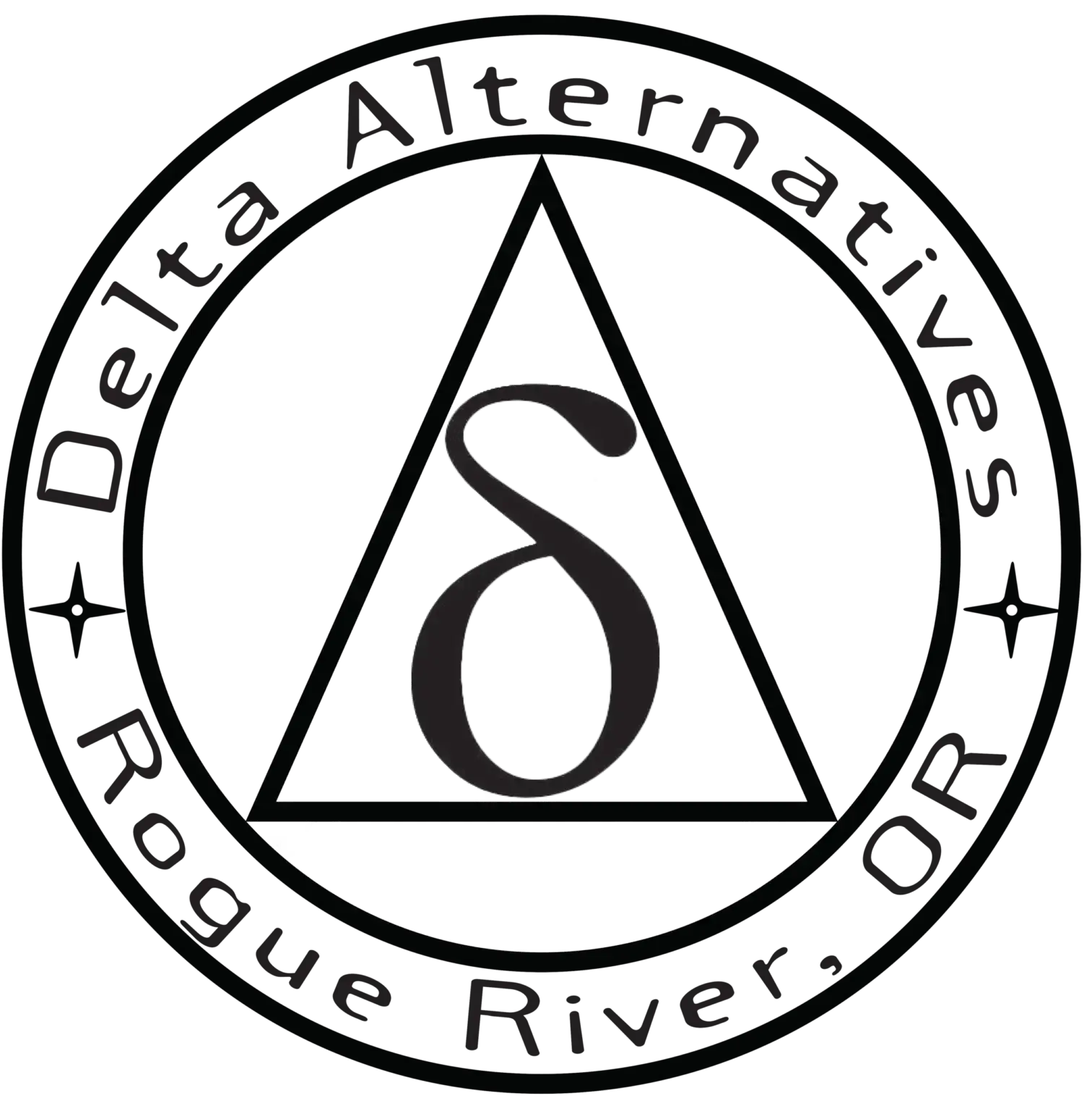
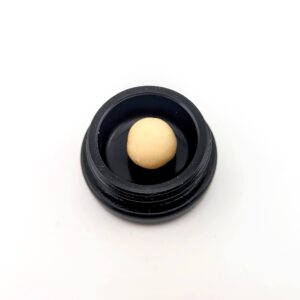

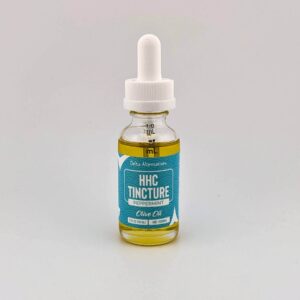
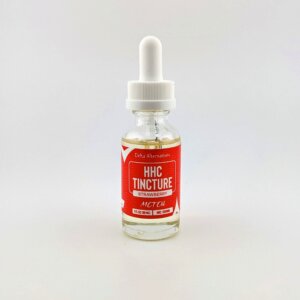
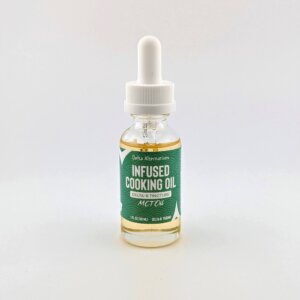
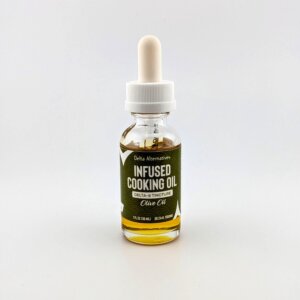
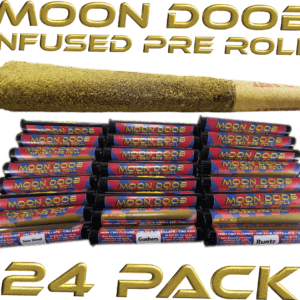
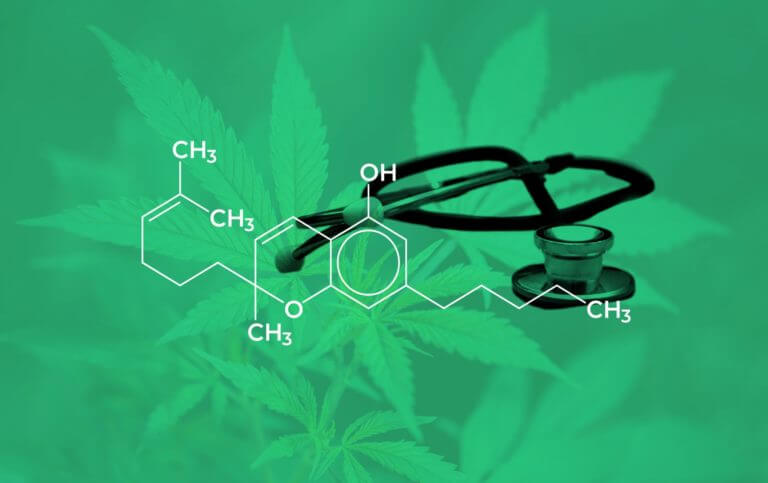

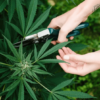

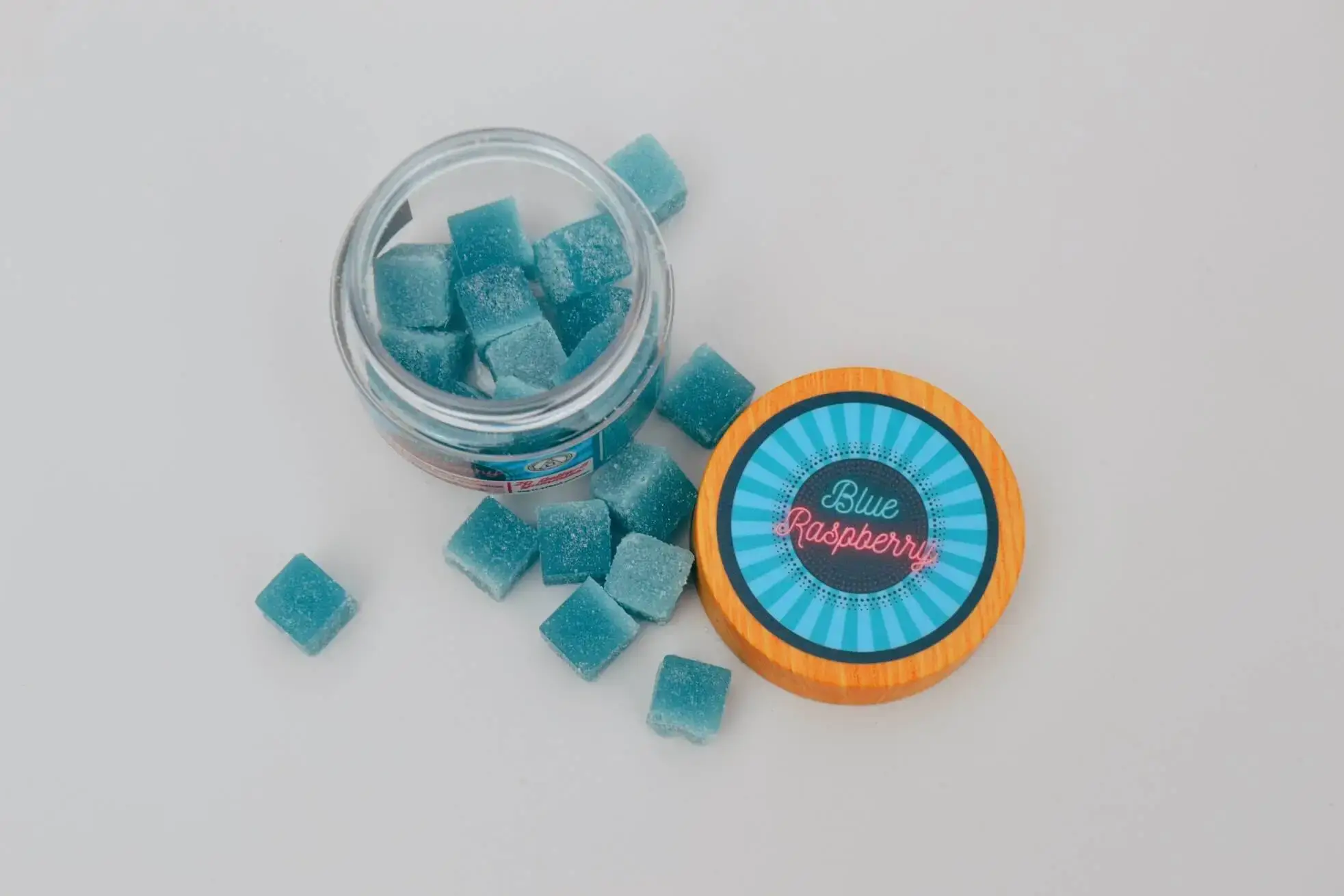
You must be logged in to post a comment.